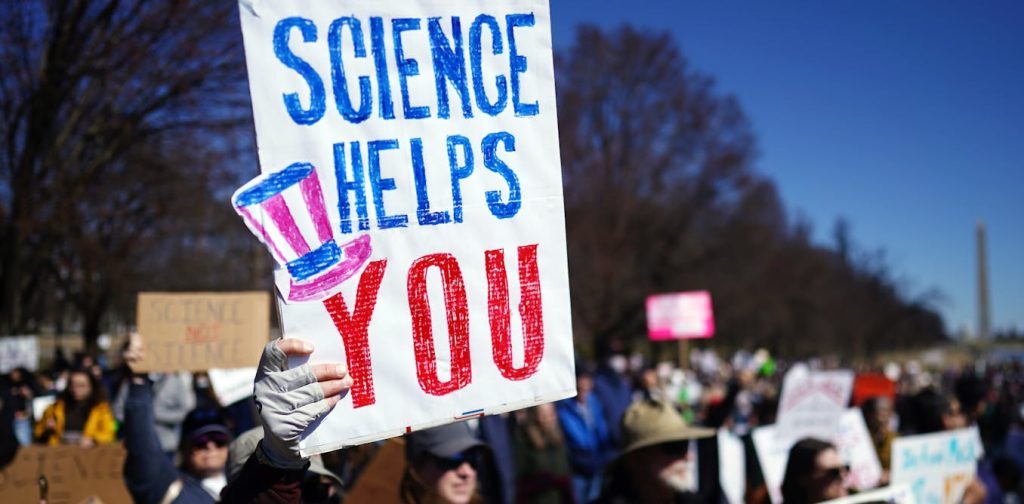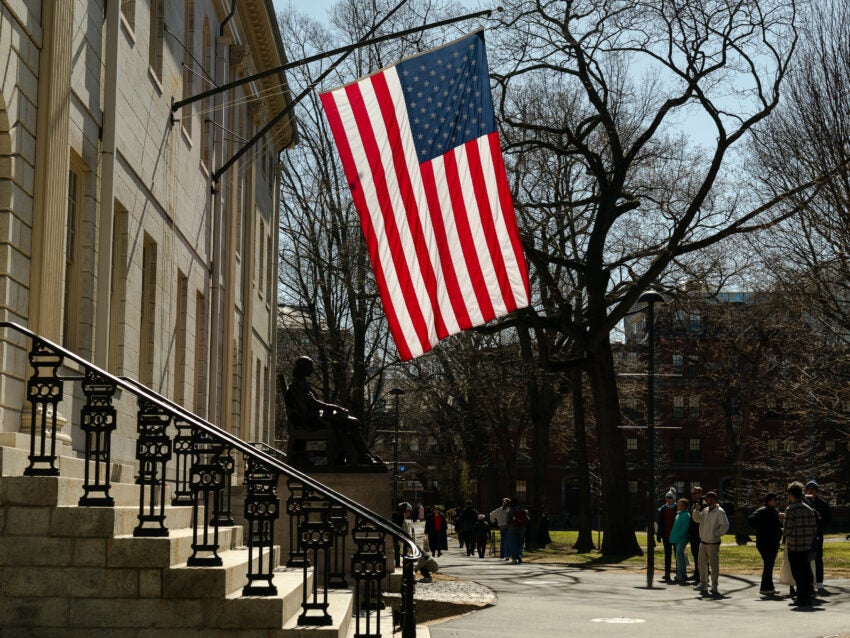Now Reading: The State of U.S. Civics Education: Book Censorship News for May 2, 2025
-
01
The State of U.S. Civics Education: Book Censorship News for May 2, 2025
The State of U.S. Civics Education: Book Censorship News for May 2, 2025

Kelly Jensen, a former librarian and established blogger at STACKED, is known for being the editor and author of books like (DON’T) CALL ME CRAZY: 33 VOICES START THE CONVERSATION ABOUT MENTAL HEALTH and HERE WE ARE: FEMINISM FOR THE REAL WORLD. Her upcoming book, BODY TALK, is set to be released in Fall 2020. Follow her on Instagram @heykellyensen.
Amid the shift to virtual learning due to COVID-19, a segment of the far right seized the opportunity to exploit public sentiment towards schools. Despite schools never actually closing, demands arose for school reopenings and opposition to mask mandates, followed by resistance to mandatory vaccinations for children infringing on parental rights. This right-wing push also targeted marginalized groups within schools, particularly transgender individuals, through challenges to bathroom and sports policies and attempts to remove certain books. The pattern of extremist actions in American democracy has long been present, highlighting the importance of civic engagement and understanding within a representative democracy.
A significant decline in civic education funding has resulted in varying standards and content across states, leaving many students with limited exposure to civic knowledge. The lack of a robust civics education hinders individuals’ ability to engage with and understand their democratic rights. Efforts to enhance civic education, such as the recent bill passed under the Biden administration, aim to address these shortcomings but face challenges in implementation. A comprehensive civics education is crucial in empowering individuals to navigate the complexities of democratic participation and uphold their rights.
Book censorship issues continue to persist, with bans on certain titles in schools and libraries across different states. The ongoing battle against censorship underscores the need for civic engagement and advocacy to protect intellectual freedom. The lack of a well-rounded civics education leaves individuals ill-equipped to address such challenges and advocate for their rights effectively. By advocating for improved civics education in schools, individuals can strengthen their understanding of democratic principles and actively participate in shaping a more inclusive and informed society.






